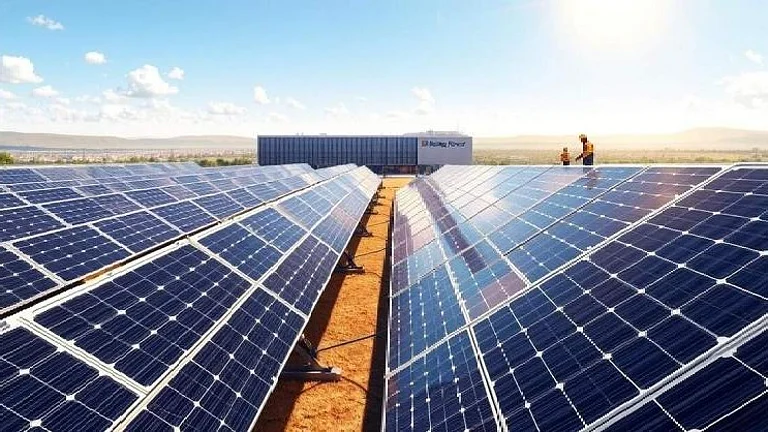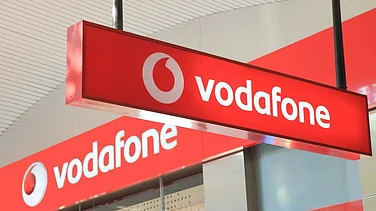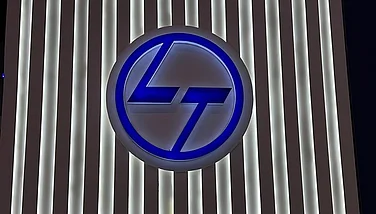
US-based Azure Power is preparing to settle a $23 million shareholder class action lawsuit, with final court approval expected in September.
The case, filed in 2022, accused Azure of making false or misleading statements about its operations and internal controls.
Allegations included undisclosed issues at a plant, including data manipulation and a whistleblower report of employee misconduct.
US-based Azure Power, linked to a bribery case involving the Adani Group, is preparing to settle another class action lawsuit filed by its shareholders. The $23 million settlement, which has received preliminary court approval, is expected to receive final approval in September this year.
The settlement was revealed in its latest financial statement and was first reported by the Economic Times (ET).
The case dates back to 2022, when Carson D. Gilbert sued Azure Power Global Limited and several of its top executives on behalf of all investors who purchased Azure shares between June 15, 2021, and August 26, 2022. The lawsuit claimed the company made false or misleading statements about its operations and internal controls. According to the complaint, Azure failed to disclose serious problems at one of its plants, including procedural irregularities, deviations from safety and quality standards, manipulation of project data and a credible whistleblower report alleging misconduct by certain employees.
The situation came to light in August 2022, when Azure announced the sudden resignation of its chief executive officer, less than two months after his appointment and disclosed the whistleblower allegations along with findings of safety, quality, and data manipulation issues. The revelations triggered a sharp market reaction, with the company’s NYSE-listed shares plunging by 44% in a single day.
The lawsuit alleges that Azure and its executives violated Section 10(b) of the Securities Exchange Act and SEC Rule 10b-5 by engaging in securities fraud, as well as Section 20(a) by holding the individual executives responsible as controlling persons.
The case was filed in the US District Court for the Southern District of New York.
Azure subsequently initiated two internal investigations, one by its Audit and Risk Committee (ARC) and another by a Special Committee of its Board of Directors formed in August 2022. Both committees, supported by external counsel and forensic advisers, launched separate reviews into compliance and misconduct concerns. The Board also directed counsel to make a voluntary self-disclosure to the US Department of Justice and the Securities and Exchange Commission.
While the ARC investigation has been completed, the Special Committee’s review, now substantially complete, found evidence that some individuals formerly linked to the company may have known of, or participated in, a scheme involving improper payments on certain projects. To date, the review has not identified improper payments or transfers made by Azure itself but has influenced decisions on several key projects, the company said.
Azure Pulls Out of Andhra Pradesh Projects
Among these was Azure Power’s exit from major projects in Andhra Pradesh, including the 2,333 MW solar project linked to its former executive and several Adani Group executives indicted in the US. In November 2024, the SEC charged Gautam Adani and Sagar Adani of Adani Green Energy Ltd., along with Cyril Cabanes, a former Azure Power executive, over their alleged roles in a massive bribery scheme.
The SEC alleged that the scheme was designed to help Adani Green and Azure Power benefit from a multi-billion-dollar solar energy project awarded by the state government. During the period in question, Adani Green raised over $175 million from US investors, while Azure Power’s stock was traded on the New York Stock Exchange.
According to the SEC’s complaint, Gautam and Sagar Adani arranged to pay, or promised to pay, hundreds of millions of dollars in bribes to government officials in exchange for commitments to purchase energy at above-market rates that favoured Adani Green and Azure Power. The bribery allegedly coincided with Adani Green’s September 2021 $750 million note offering, which included misleading anti-corruption disclosures despite the ongoing scheme.
In a separate action, the SEC charged Cyril Cabanes under the Foreign Corrupt Practices Act (FCPA) for facilitating the authorisation of bribes both in the United States and abroad while serving on Azure Power’s Board. The SEC’s complaints seek permanent injunctions, civil penalties, and officer-and-director bars against all three individuals.
The project, which included power purchase agreements (PPAs) totalling 2,333 MW under a 4,000 MW manufacturing-linked tender, also came under pressure after public interest litigations (PILs) in the Andhra Pradesh High Court created regulatory uncertainty, the company said.
Combined with findings from the Special Committee review and unfavourable project economics, Azure chose to terminate the PPAs and seek a court declaration to discharge its obligations. SECI, the government agency overseeing the contracts, subsequently terminated these PPAs, reallocated the projects to Adani Green, and reduced Azure’s manufacturing capacity allocation.
Azure also decided to withdraw from an additional 700 MW linked to the same tender and from a 150 MW solar-wind hybrid project, citing similar economic and execution challenges. These withdrawals triggered financial provisions for bank guarantees, cost write-offs, and legal actions to prevent coercive measures such as guarantee encashment. The company continues discussions with SECI to manage an orderly exit from these commitments while also facing the risk of penalties, damages, or regulatory setbacks.
Furthermore, PPAs for the remaining 967 MW of capacity from the original 4,000 MW tender remain unsigned, and failure to secure them could harm Azure’s future prospects, the 2025 financial statement said.

































